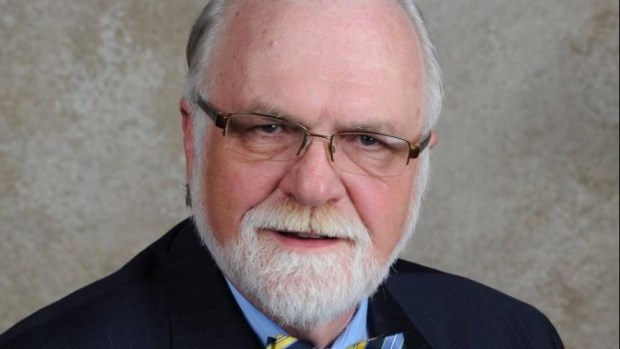A B.C. Supreme Court judge has ordered a controversial former Chilliwack school board trustee to pay a political opponent $45,000 in defamation damages.
Carin Bondar alleged in a Nov. 3, 2022 B.C. Supreme Court notice of civil claim that Barry Neufeld called her a “striptease artist” in comments made on a Sept. 21, 2022 public Zoom meeting called Empower Hour. That’s a program hosted by Action4Canada, an organization that the claim said promotes Canada’s Judeo-Christian heritage.
“The defamatory statement is false,” her claim said. “Dr. Bondar is not a strip-tease artist. She is a science communicator who uses pop culture and other forms of creative expression to encourage science literacy.”
Justice Michael Stephens agreed. He said Neufeld incorrectly characterized Bondar by inaccurately equating a fleeting image of her being shown naked from behind during a science-themed parody music video with a “strip-tease artist.”
“This was an effort to discredit his opponent in a school board trustee election, which crossed the line and constituted defamation,” Stephens said in his April 11 decision.
“I do not accept Mr. Neufeld’s argument that Dr. Bondar willingly entered an ideologically charged political arena that is well-known for ‘use of intemperate, offensive or harsh language aimed at discrediting one’s opponent,’” the judge said.
Bondar has been a school trustee of the Chilliwack School Board since February 2021.
Neufeld is a retired corrections, probation, and youth criminal justice restorative facilitation officer. He was a school trustee of the Chilliwack School Board, from 1992 to 2008, and from 2011 to 2022.
Neufeld said in an early court application to have Bondar’s suit dismissed that Bondar’s YouTube performances are “vulgar, pornographic, degrading to women, a bad example to children, immoral and inappropriate for public officials, especially school board trustees.”
Knowledge of such conduct is in the public interest, said the application, and that his characterization of it is factually correct or a reasonably grounded personal impression.
“Any public comments made by the defendant (Neufeld) reflect his personal impression and would be understood by the general public in the nature of editorial comment rather than an assertion of fact,” the application said.
Neufeld had applied to have the case dismissed under the Protection of Public Participation Act (PPPA).
A Canadian Bar Association (CBA) column described the B.C. law as one that “targets litigation aimed at silencing debate on issues of public interest — i.e., strategic litigation against public participation or ‘SLAPP’ lawsuits.”
SLAPP means “strategic litigation against public participation.”
“The PPPA may provide legal protection to individuals who have had proceedings commenced against them for expressing themselves on matters of public interest,” the CBA article said.
“Litigation intended to punish and silence critics in the public arena is the very mischief the PPPA seeks to prevent,” said Neufeld’s application.
That application did not succeed.

